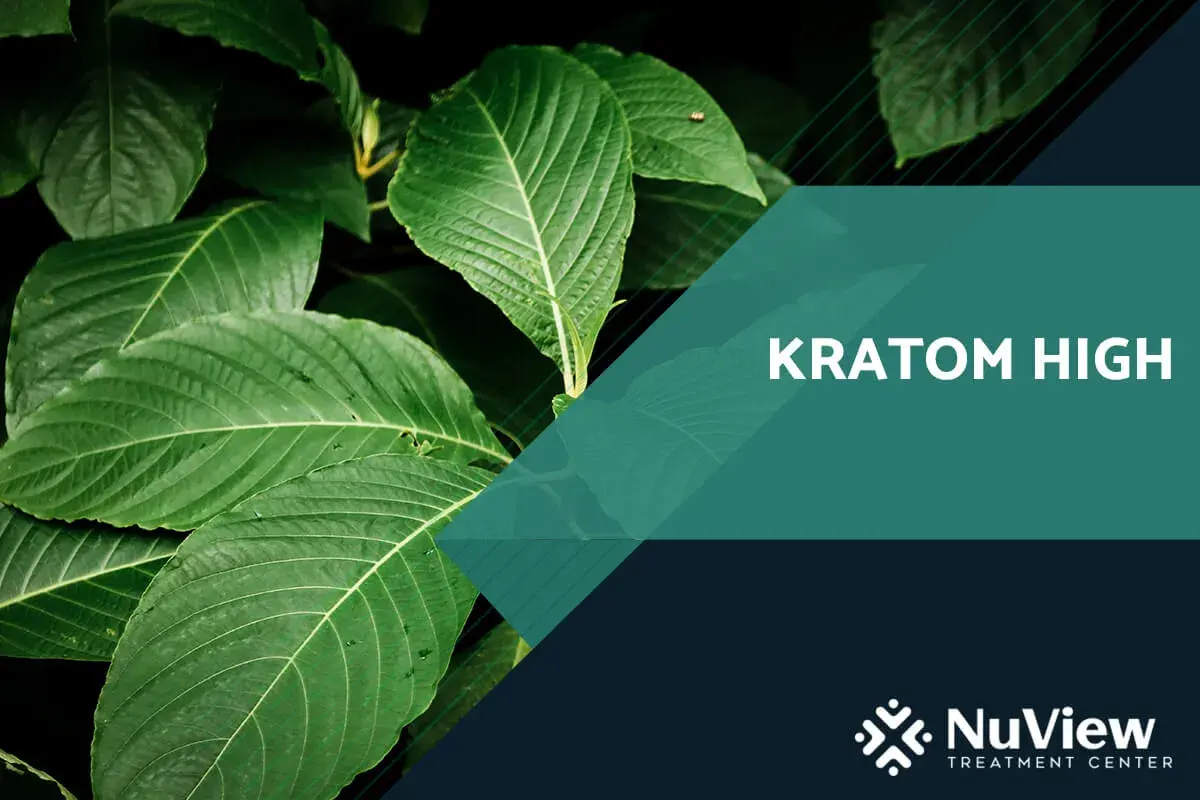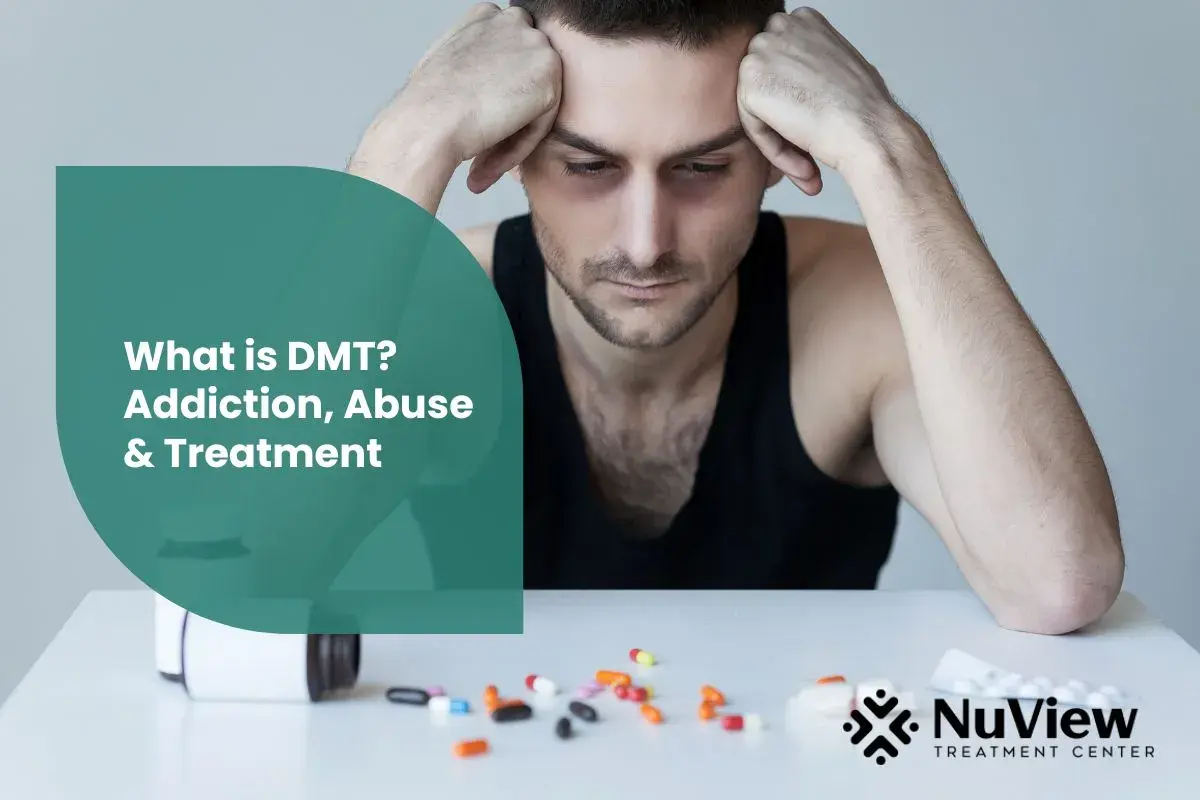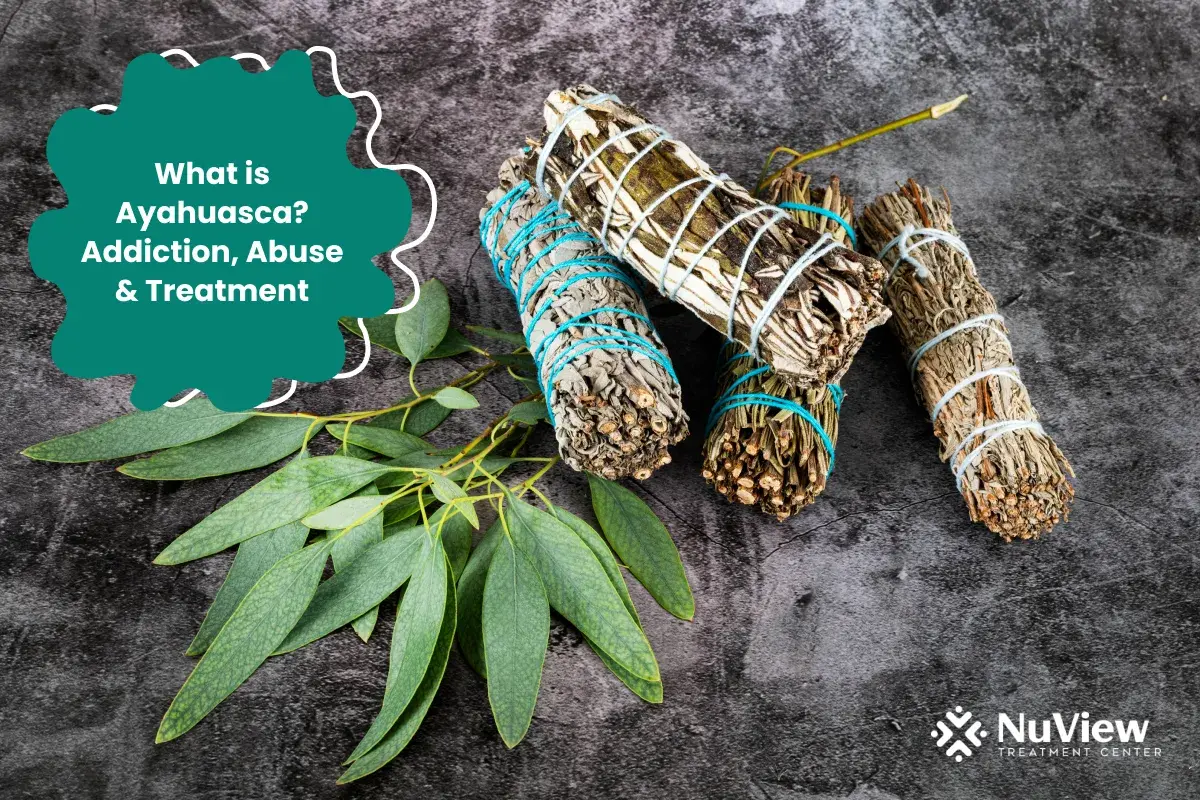Kratom may be getting all the fame (or infamy) today, but its story goes way back - all the way to the ancient cultures of Southeast Asia, where farmers and laborers of countries like Malaysia and Thailand used it for its energy-boosting effects to combat pain and fatigue. In recent years, however, kratom has taken on a new role. Many turn to it for relief from opioid withdrawal, seeing it as an alternative remedy to break free from the grip of opioids.
But this is where things get complicated - kratom is not without certain serious risks. It can be misused, and to a smaller extent, it has been linked to a few deaths. So, the question is, can kratom get you high, which is what makes it appealing? In this blog, we will explore what a kratom high means, the effects, and your recovery options if you are struggling with kratom use.
What is Kratom?
Kratom is a herbal extract that comes from an evergreen tree known as Mitragyna speciosa, traditionally used to boost energy and relieve pain. Today, it is available in the U.S. as powders, capsules, and teas. While not technically an opioid, kratom interacts with opioid receptors and produces opioid-like effects, depending on the dosage. In low doses, it energizes your body and heightens your mood. Meanwhile, in high doses, it relaxes you and relieves pain. So, it functions both as an upper (stimulant) and a downer (depressant).
In Thailand, kratom is heavily regulated and ranks as the third most commonly misused drug, after cannabis and methamphetamine. In the U.S., it remains unregulated federally, despite growing concerns from the Drug Enforcement Administration (DEA) and Food and Drug Administration (FDA). In fact, it is often marketed and sold as an energy booster and pain reliever. While it is also seen as a remedy to opioid-related symptoms, this is only based on anecdotal evidence, and more research is needed before it can be realistically considered a medically approved treatment option.
Therefore, it is up to you to make an informed choice regarding whether or not this herbal extract is right for you, taking into consideration its unwanted effects and other safety concerns.
Get Started With Nuview Treatment Center
Our dedicated professional staff is here to guide you or your loved one on the journey to lasting recovery, offering support every step of the way.
Does Kratom Get You High?
Yes, kratom can get you high, which is why it is often used recreationally. Depending on the dose, a person experiences a plethora of effects, from euphoria, pain relief, and relaxation, to even a sense of detachment. But this temporary high can quickly spiral into repeated use, tolerance, and dependence.
In fact, given the fact that kratom gets you high, the cases of kratom abuse have gone up since 2014. It has become something like the new kid in town.
What Are the Effects of Kratom?
Kratom effects kick in within 5-15 minutes and linger up to 5 hours. It functions both as an upper and a downer. Some of its pleasurable effects are:
- Enhanced mood
- Increased focus
- Heightened energy
- Relaxation
- Pain relief.
While these effects of kratom are pleasant and keep a person coming back to it for more, when it is misused or abused, it can give rise to highly detrimental effects, such as:
- Dry mouth
- Vomiting
- Constipation
- Lightheadedness
- Weight loss
- High blood pressure
- Confusion
- Low mood
- Psychotic symptoms like delusions and hallucinations.
What Are the Dangers of a Kratom High?
Kratom is used and misused for many reasons - for a high, and even for medical reasons. However, the fact that you can get high on kratom in itself comes with certain risks. The thing is, kratom binds to opioid receptors in the brain, just like other opioids. So, it leads to a risk of dependence and a substance use disorder in the long run. Experts suggest that using kratom to get high can lead to the following adverse effects:
- Vomiting
- Dry mouth
- Tongue numbness
- Increased urination
- Constipation
- Behavioral changes, like hostile behavior
- Psychotic symptoms
- Thyroid problems.
While kratom use has not always been fatal, it has been linked to a few deaths. So, even if you are considering kratom for medical reasons like treating opioid use, then it is better to rely on FDA-approved medication-assisted treatment (MAT) options like buprenorphine, methadone, and naltrexone.
Get Started With Nuview Treatment Center
Can You Become Addicted to Kratom?
Yes, prolonged, uncontrolled kratom use can lead to dependence and addiction. This leads to significant physical and mental health challenges as well. The commonly recognizable signs of kratom addiction are as follows:
- Intense cravings and urges to use kratom.
- Consuming kratom in higher doses and more frequently than intended.
- Spending a lot of time on acquiring and using kratom.
- Prioritizing kratom over interpersonal relationships, daily responsibilities, and other activities.
- Continuing kratom use despite its detrimental effects on physical, mental, and social health.
- Unsuccessfully trying to quit kratom.
- Developing tolerance, which means needing greater quantities of kratom to achieve the desired effect.
- Experiencing kratom withdrawal symptoms when lowering or stopping kratom use.
What Are the Kratom Addiction Treatment Options?
While prevention is always better than a cure, it is not always as simple. Kratom has a fascinating story, and it is not difficult to understand its allure. But while chronic kratom use can lead to pronounced physical and mental health risks and complications, on the other side of kratom addiction is hope and recovery.
Kratom addiction can be treated in outpatient settings with behavioral therapies like motivational interviewing, cognitive behavioral therapy, contingency management (reinforcing abstinence-related behaviors), and 12-step recovery programs. Aftercare and social support are also crucial for relapse prevention and lasting recovery. While there is no FDA-approved medication to treat kratom addiction, medication management services involving buprenorphine and buprenorphine-naloxone are provided as well.
Find Kratom Addiction Treatment in Los Angeles
If you or a loved one is struggling with kratom use or withdrawal, do not hesitate to reach out for help. With the right level of care, you can make a lasting recovery from kratom use and misuse. At the NuView Treatment Center, we provide personalized outpatient treatment options (partial hospitalization programs, intensive outpatient programs, telehealth services) tailored to your needs and goals, as we believe in making behavioral healthcare as relevant to you as it is effective.
Reach out now to begin your recovery!
Contact us today at (323) 307-7997 or email us at info@nuviewtreatment.com to learn more about kratom addiction treatment and let us take this journey toward your lasting recovery together.
- What is Kratom?
- Does Kratom Get You High?
- What Are the Effects of Kratom?
- What Are the Dangers of a Kratom High?
- Can You Become Addicted to Kratom?
- What Are the Kratom Addiction Treatment Options?
- Find Kratom Addiction Treatment in Los Angeles
- What is Kratom?
- Does Kratom Get You High?
- What Are the Effects of Kratom?
- What Are the Dangers of a Kratom High?
- Can You Become Addicted to Kratom?
- What Are the Kratom Addiction Treatment Options?
- Find Kratom Addiction Treatment in Los Angeles
Get Help Today!
Everyone is Welcome Here and We All Have Your Back
Your healing journey deserves a personalized approach. At NuView, we integrate expertise in behavioral therapy, mental health, and substance use treatment to create a customized recovery plan tailored to your unique needs.
Connect with our Admissions Specialists today.







Written By
Dr. Ryan Peterson